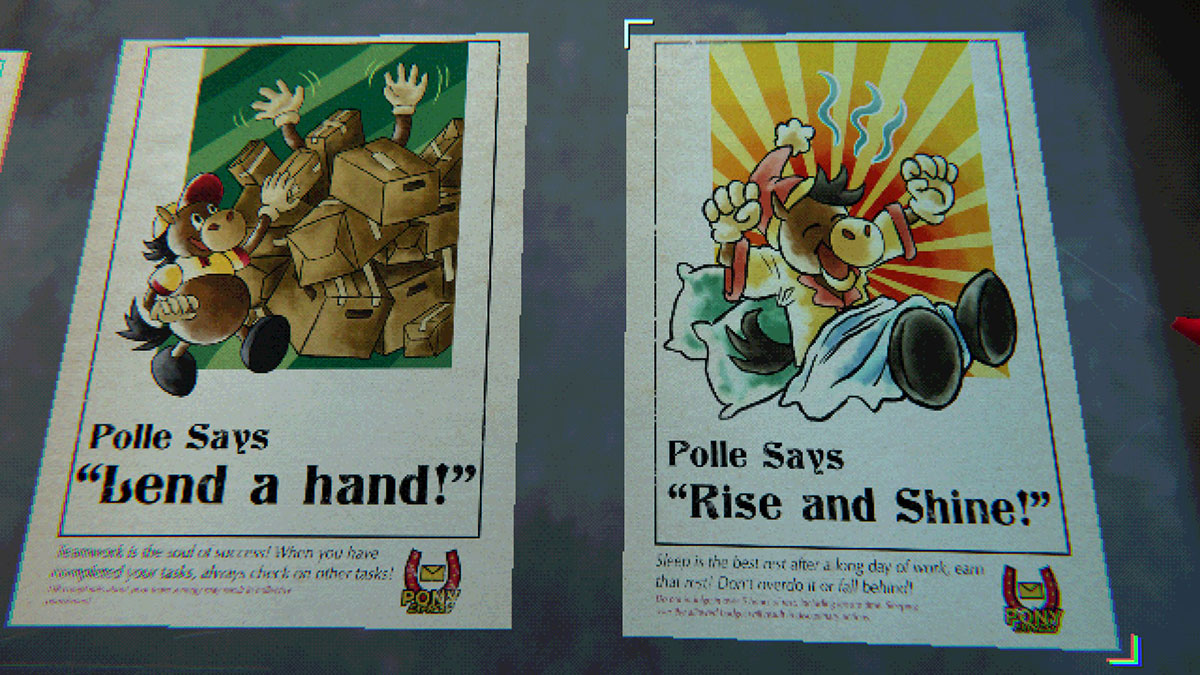In the Oct. 26 edition of the Milwaukee Journal-Sentinel, editorial editor David Haynes wrote a column about how the publication will “get out of the political endorsement business.”
Haynes went on to add that no party or ideology has a monopoly on good ideas or even bad ones. The paper’s job is to sift through this “soil and find kernels of reasonableness.”
Typically, newspaper endorsements are part of the landscape in an election year, and to a certain extent still are with four major Iowa newspapers endorsing Mitt Romney for president just this weekend (Quad City Times, Des Moines Register, Iowa Republican and Cedar Rapids Gazette).
Also, Barack Obama has received endorsements from several major publications as well with the Chicago Tribune, Los Angeles Times and New York Post, among others.
The move by the Milwaukee Journal-Sentinel was the correct decision. Journalism has always been, or at least was supposed to be, the entity that keeps government and government officials in check. In fact, the news media have often been referred to as the fourth estate, a term that dates back to the late 18th century.
It essentially implies that mass media, particularly print media, is almost like a fourth branch of government that provides checks and balances to the actual three branches of government.
By endorsing candidates, newspapers jeopardize the credibility of sustaining that checks and balances system. If the purpose of a newspaper is to independently report on the goings-on with the government and government officials, saying how great a candidate is versus the other one raises red flags. Why would you need to endorse anybody anyway, which injects bias into the publication? A newspaper should just provide facts and analysis here and there and let the readers decide who is the better candidate or not.
No one journalist is 100 percent impartial. That is impossible. However, it is every journalist’s responsibility, whether they are liberal or conservative, to separate their work from that bias as much as they can, whether they are at a daily, weekly or monthly publication. It is their responsibility to provide readers with the facts. Readers will more than likely question those facts when a publication aligns itself with a certain politician or political party.
Strong biases are blatant with entities like FOX News and MSNBC, but many newspapers have been able to keep away from that stigma on their publications. That is what can make newspapers different from cable television news – not straying too far away from the center.
Newspapers should still provide analysis and opinion when they need to, but outright endorsing candidates brings reporting into question. It would be the same as someone like Bob Nightengale of USA Today screaming “Go Giants Go!” from the press box during the World Series.
There needs to be that separation. Reporters need to be independent to give credibility to their work. If they are not independent, their work will not be regarded as highly.







